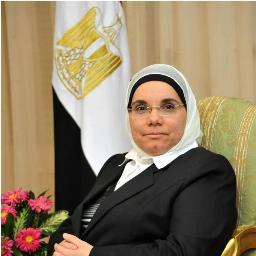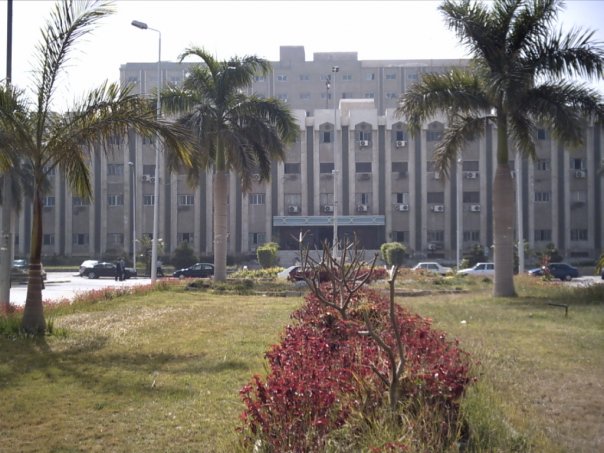
Following 30 June, Egypt has been awash with conspiracy theories. An interesting one aims to answer the infamous question: Whom does the US really support in the Egyptian debacle?
Supporters of deposed president Mohamed Morsi as well as the current regime are accusing each other of heavy reliance on the US; such assertions border on allegations of high treason most of the time. Amidst frenzied talks of Sykes–Picot, War on Islam, War on terror, Imperialism and all other sort of rhetoric, it is really worth taking a brief look at this illusive question: Who does the US Support?
So let’s take out the suspense and answer the question right away. The US in fact supports two things; it supports its interests as every country should and secondly, for all intents and purposes, it supports the State of Israel. We can elaborate on the causes of the aforementioned argument until the cows come home, but let us not get caught in this debate. Now, the extent of the US relations with Egyptian rulers will most definitely be shaped by these constructs. The question now is which regime can best safeguard these two concerns.
Up to the times of the Clinton administration, the relationship between the US and the regime in Egypt was as solid as ever. However, two major occurrences subsequently impacted this relation and signalled a change in the US reliance on the incumbent regime: Mubarak’s reluctance to participate in the wars in Iraq and Afghanistan and Hamas accession to power in Gaza.
Now those two events necessitated a shift in the relationship in search of a more reliable partner. When 25 January broke, the US administration, albeit hesitant to take a stance, was determined not to get caught on the wrong side of history and blessed the toppling of President Mubarak in the final hours. The relationship progressed forward as the US searched for a reliable party to uphold its interests. The Muslim Brotherhood aimed to present the US with a compelling argument. Following 25 January, they appeared as the most organised party and were quick to start talks with the US administration.
Shortly, following Morsi’s election win, Hamas started a missile campaign on Israel; quietly a disturbing disaster, and many exchanged blame as to how it started, but there was no question on how it ended. It was then Morsi who showed his worth to the US administration by brokering a peace deal. In the process, he purposefully alienated Palestinian President Mahmoud Abbas. In doing so, the Brotherhood has effectively become the leash on Hamas, which is a terrorist group in the eyes of the US. By proxy, the US then had a secure leash on a rabid regional Rottweiler. Now what else would you ask for in a strategic partner if not this.
These facts are complimented by several other layers of conspiracy theories claiming that Morsi made further promises to the US regarding alternative Palestinian settlements in Sinai. While there is no credible information to support such claims, I wouldn’t frankly discard them as complete fiction just yet.
Contrary to the beliefs of a great majority of Egyptians, the west views what happened in Egypt as a coup. It is simply the way that they are calibrated to think and it is futile to try and argue against it. However, coup or no coup, under those democratic and humanitarian facades, governments still have interests to be protected regardless of the circumstances. For a short while, the US has had reliable ally in the form of the Brotherhood. However, make no mistake about it, it is not personal. While Morsi’s ouster was a true loss to the US, the administration will move on. Faces of mere mortals come and go but interests of a nation are perpetual and will remain solid. The king is dead, long live the king! Such is politics.




